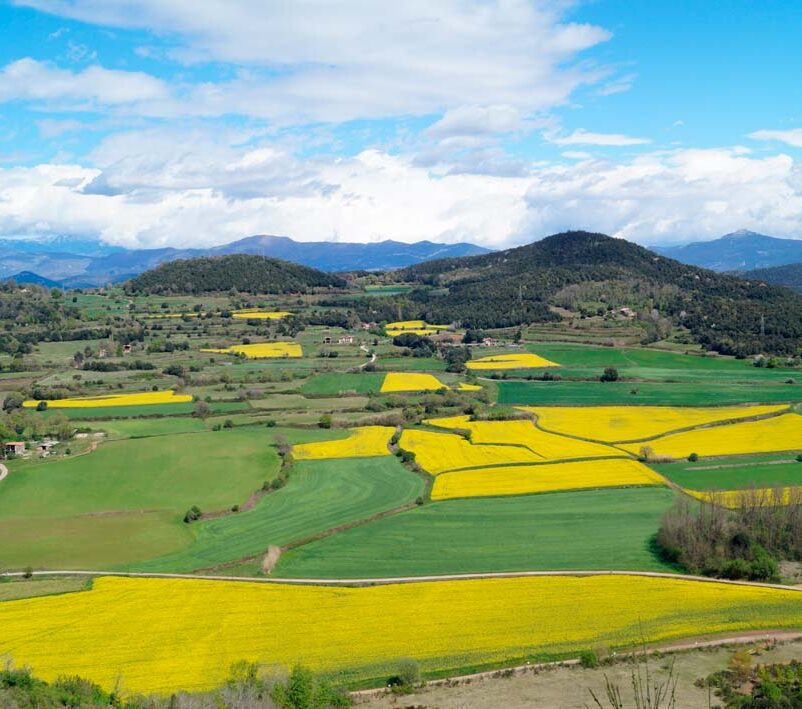Driven by the lack of definition of the concept of socio-ecological resilience, the Center for Forest Science and Technology of Catalonia (CTFC) has carried out an extensive bibliographic review. The results, published in the journal Science of the Total Environment (STOTEN), can help landscape managers in adapting agroforestry systems to global change.
The authors have analyzed 57 scientific publications focused on promoting socio-ecological resilience in several case studies. In this way, the publication examines the different strategies used in each case, which include modernized as well as developing regions, thus offering a broader and more complete view of the different strategies used to increase socio-ecological resilience.
The study defines socio-ecological resilience as the ability of a system, which in this case includes the human factor in interaction with elements of nature, to adapt to disturbances without changing to an unwanted alternative state, with functions and different processes. Thus, socio-ecological resilience does not imply an immediate return to the original system, but that it remains in a desirable state once the initial disturbance has passed.
On the other hand, the article also highlights the importance of answering three questions when defining resilience: resilience to what, from what and for what. These factors will have the greatest impact when deciding which strategies will be most useful in each case. “Each socio-ecological landscape is unique, and for that reason it must be analyzed individually, with the aim of finding the strategy that best fits it to increase its resilience,” says Esteve Viñals, CTFC technician, and first author of the study.
The study highlights how interactions between nature and humans have recently changed and how these changes have transformed agroforestry landscapes, making them more vulnerable to the effects of global change. To deal with these disturbances, the article describes a series of practical strategies focused on increasing socio-ecological resilience.
In addition, the importance of combining new technologies with traditional ecological knowledge (TEK) generated by local communities is exposed as an effective strategy to face the future challenges of global change. In fact, the study argues how socio-ecological resilience plays an important role in adapting to climate change conditions, and points to TEK as a fundamental tool to build this resilience, fostering an optimal context to involve the local population in landscape management and conservation practices.
Further information:
Viñals, E., Maneja, R., Rufí-Salís, M., Martí, M., i Puy, N. (2023). Reviewing socialecological resilience for agroforestry systems under climate change conditions. Science
of the Total Environment, 869(161763). https://doi.org/10.1016/j.scitotenv.2023.161763
Last modified: 21 June 2023










